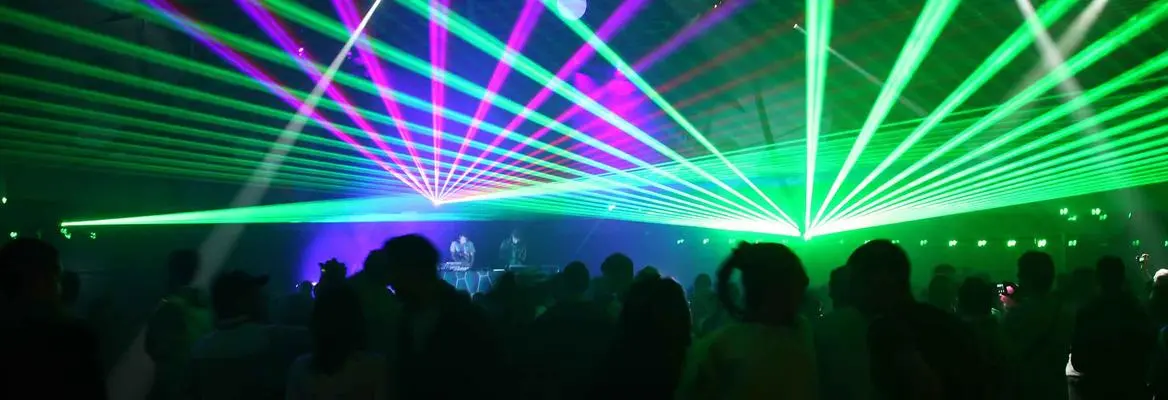In an increasingly secular age, an increasing number of people are distancing themselves from organised religion. As a result, communities have become splintered, and we are ushering in a new era of individualism. But there may be a way to escape this trap through immersing ourselves in rave culture, argues Robin Sylvan. In this article, he uncovers transformative nature of these experiences, and explains how raves can function as the new churches.
Every weekend in numerous locations around the planet, thousands of people regularly attend electronic dance music parties, also known as raves. Since the mid-to-late 1980s, raves and the culture surrounding them have become a huge global phenomenon that has made an enormous impact, not only in the lives of the people directly involved, but also on many aspects of larger mainstream popular culture as well. While most media accounts of raves sensationalize their negative features, emphasizing excesses of drug use and bacchanalian revelry, what goes unnoticed is perhaps their most important positive feature – their tremendous spiritual and religious power. For thousands of ravers worldwide, raves are one of their primary sources of spirituality and the closest thing they have to a religion, a theme that ravers have articulated over and over in my interviews with them:
 SUGGESTED READING
Psychedelic experience isn’t just brain chemistry
By Ricky Williamson
SUGGESTED READING
Psychedelic experience isn’t just brain chemistry
By Ricky Williamson
“It's definitely a spiritual experience. And I never had any spirituality before, so this was my first time that I had ever experienced that.
I consider it to be a very spiritual experience. In fact, I can say that prior to doing that, my sense of spirituality was pretty weak, pretty undeveloped, pretty dormant in me. . . . I definitely felt a very strong sense of spirituality. . . . At that point in my life, things really transformed in me. I really started feeling like I had a more noble purpose in life. . . .
I've had what I might term, and not facetiously, religious experiences when I've been dancing. You just get incredibly happy. You get filled with a real sense of joy. . . . The music is a religion. . . . If you've got a keyhole somewhere, that's the thing that puts the key in and turns the lock and opens you up.
It was what I always thought that religion was supposed to be, the community lightening of yourself, and to come out of a party and just be so filled with pure love and leaving the frustration of the week behind at the rave. It showed me true spirituality, from within flowing out of myself and joining it with other people. Undoubtedly the most spiritual feeling I've ever had.”





















Join the conversation